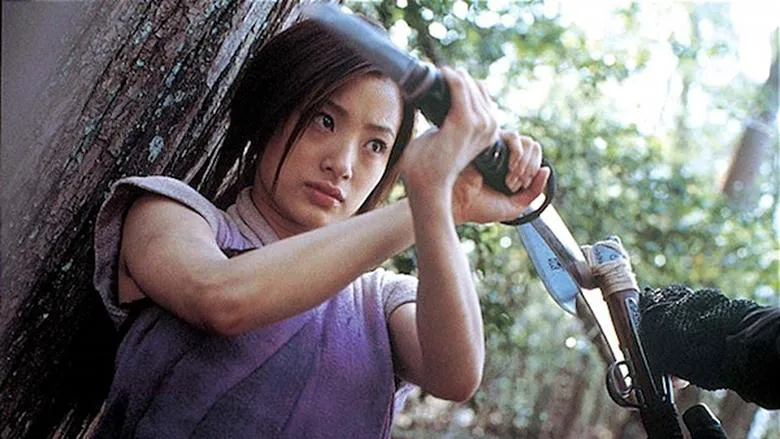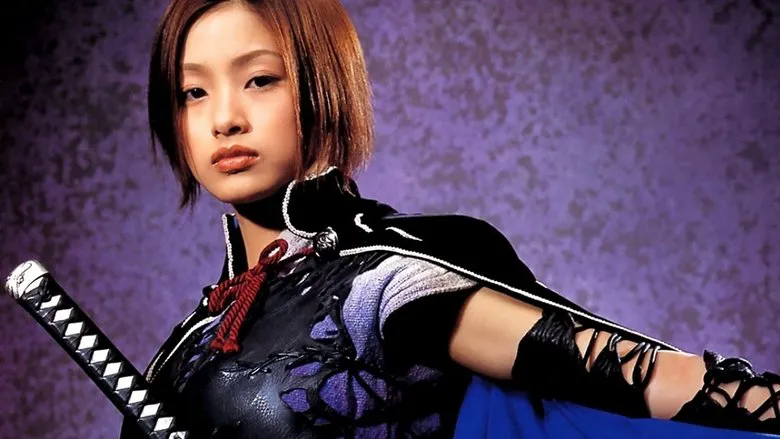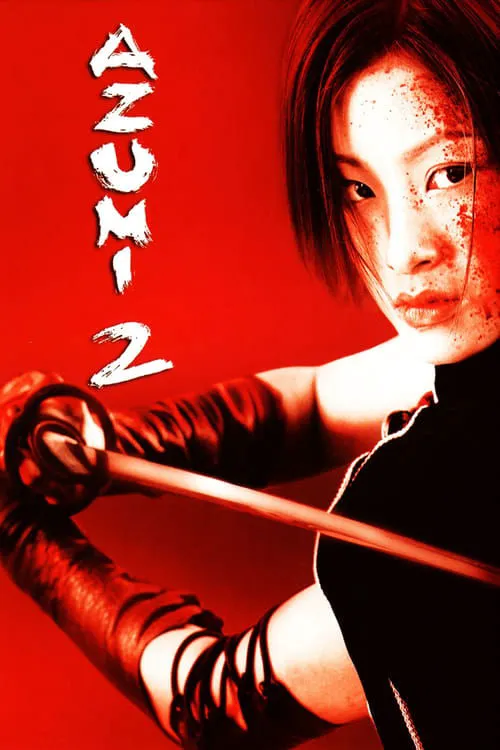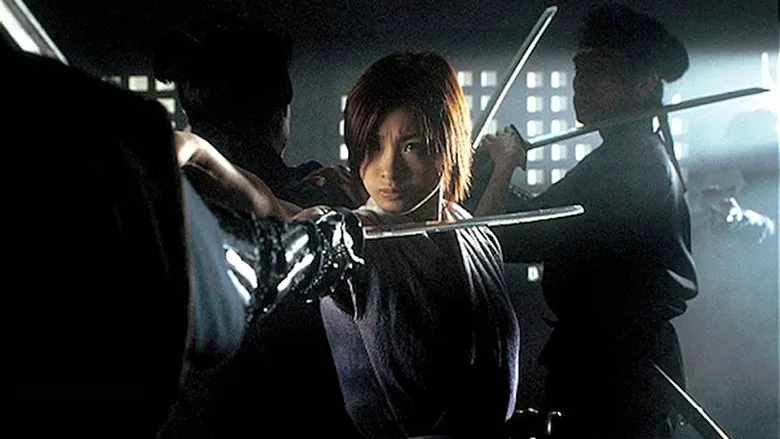Beyond the Blade: Unveiling the Heart and Steel of “Azumi 2: Death or Love”
The revered world of Japanese period action cinema found its blazing return with “Azumi 2: Death or Love,” a captivating sequel that plunged audiences deeper into the treacherous realm of assassins, honor, and impending civil war. Picking up threads from its acclaimed predecessor, this film, with Aya Ueto reprising her iconic role as the lethal Azumi, proved to be more than just a showcase of martial arts prowess; it was an exploration of trauma, identity, and the heavy toll of a life defined by the sword.
The Weight of a Warrior: Azumi’s Personal Odyssey
At the heart of “Azumi 2” lies the poignant journey of Azumi herself. Haunted by the tragic loss of her beloved comrade, Nachi, from the first film, Azumi carries a profound burden of guilt and responsibility. Director Shusuke Kaneko, taking the reins from Ryuhei Kitamura, meticulously crafted a narrative that leverages this emotional baggage as a central conflict. When Ginkaku (played by Shosuke Tanihara), a mysterious figure eerily resembling Nachi, enters their path, Azumi’s carefully constructed professional facade threatens to crumble. This brilliant narrative device forces Azumi to confront not just an external foe, but the enduring demons within. Her internal struggle is a testament to the film’s nuanced approach, elevating “Azumi 2” beyond a simple action spectacle.

A Shifting Triangle: New Dynamics, Tested Loyalties
The dynamic between Azumi and her steadfast companion, Nagara (Akihiro Niva), has always been a cornerstone of the series. However, Ginkaku’s introduction masterfully complicates this relationship. His calm, almost ethereal presence stands in stark contrast to the intense, single-minded focus of the assassins. As Azumi finds herself drawn to the man who mirrors her past, a palpable tension arises, testing the fragile bond between her and Nagara. This romantic or perhaps familial ambiguity adds a compelling layer to the plot, as loyalties are questioned and the very foundation of their quest is challenged. Nagara, too, is profoundly affected, with Ginkaku’s more empathetic worldview forcing the young assassin to wrestle with the moral ambiguities inherent in their brutal profession. This intelligent interplay of characters allows the film to delve into deeper philosophical questions about life, death, and the true cost of their deadly mission.

The Forging of a Nation: High Stakes and Treacherous Plots
Behind the intricate character arcs, “Azumi 2” maintains its predecessor’s high-stakes political backdrop. Azumi and Nagara’s relentless pursuit of the warmongering Masayuki Sanada is the driving force of the plot, leading them through diverse and danger-fraught landscapes. The Tokugawa clan’s ruthless machinations add another layer of villainy, amplifying the sense of peril. The filmmakers did an excellent job of ensuring the overarching conflict—a nation teetering on the brink of civil war—felt immediate and consequential. Each perfectly choreographed action sequence serves not just as a thrilling display of martial arts, but as a visceral reminder of the escalating conflict and the preciousness of peace.

Grace Under Pressure: Showcasing Female Strength
One of the most commendable aspects of “Azumi 2” is its powerful and refreshing portrayal of female characters. Azumi herself remains an icon – a young woman of devastating skill, yet burdened by deep emotional scars. She is not a caricature, but a multi-dimensional hero operating in a traditionally male-dominated genre. The film’s commitment to giving Azumi, and by extension other characters, rich inner lives allows for a more compelling and nuanced narrative. This focus on genuine character development, particularly for its central female lead, sets “Azumi 2” apart, making it a thought-provoking experience even amidst the whirlwind of blades and blood.

A Legacy Cemented: Action, Emotion, and Anticipation
“Azumi 2: Death or Love” stands as more than just a worthy follow-up; it’s a testament to the enduring appeal of its eponymous protagonist and a franchise that successfully marries brutal action with profound emotional resonance. Through its complex characters, escalating political tension, and masterful fight choreography, the film captivated audiences and solidified Azumi’s place as one of the most compelling figures in modern Japanese cinema. By deepening the emotional stakes and exploring the moral complexities of its world, “Azumi 2: Death or Love” delivers a gripping cinematic experience that left viewers eagerly anticipating the next chapter in this thrilling saga.
